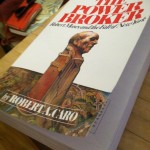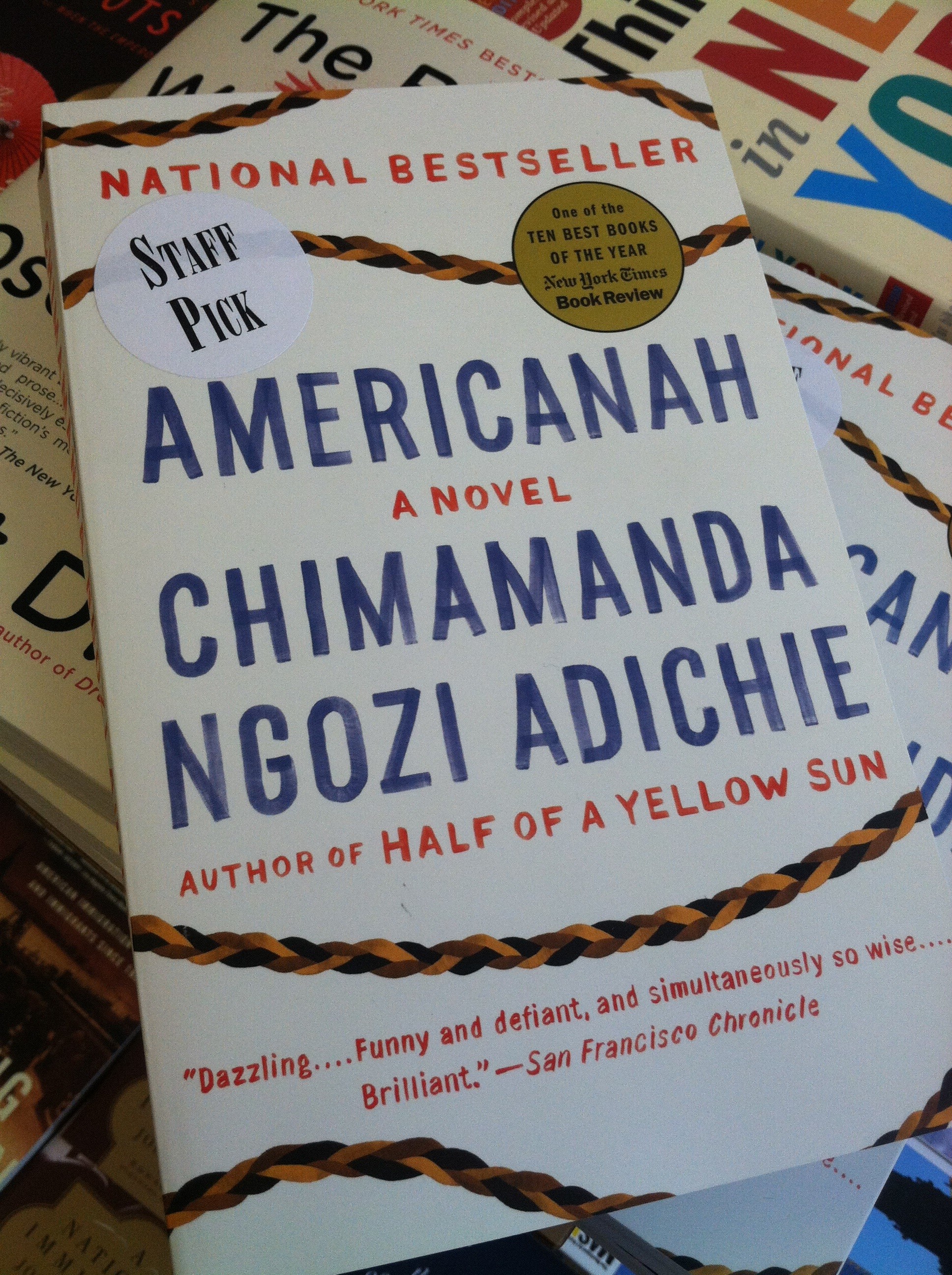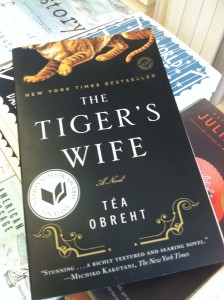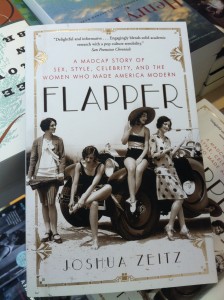Blog Archive
Summer Reading List
Last winter’s polar vortex has finally receded from memory and you’ve taken that old bathing suit for a spin here and there. It’s high season for summer reading and we’ve got a few titles to tote along on the August vacations you’ve been planning all year. We’ve asked some museum staffers for their favorite picks from our well-stocked Museum shop for wherever the summer will take you.
The Power Broker by Robert A. Caro
Robert A. Caro’s exhaustively researched biography, The Power Broker, profiles one of the most powerful unelected officials in American history, Robert Moses, New York City’s “master builder.” Caro examines the personality of the builder of two World’s Fairs, the Verrazano Narrows bridge, the United Nations, and countless expressways and parks while critiquing Moses’ rise to power and the car-centric culture he embraced. The Power Broker details Moses’ legacy as the bankrupt and fallen New York of the 1970s. This book pairs very well with Greenwich Village activist Jane Jacobs’ stinging critique of contemporary urban planning practices, The Death and Life of Great American Cities, which Caro cites as his biggest influence in writing The Power Broker.
–Colin Kennedy, Advance Sales Reservations Associate
Americanah by Chimamanda Ngozi Adichie
In Americanaha, Adichie’s third novel, we meet Ifemelu – a Nigerian woman living in America – while she prepares to return home. The story adroitly reveals Ifemelu’s experiences as she discovers who she is in each of these two worlds. Engaging in Ifemelu’s story and struggle will force you to reevaluate the way you view the concept of immigration. Adichie presents a poignant exploration of beauty, identity, autonomy, and racism in new and startling ways.
Just be forewarned: you will be unable to put this book down, so I suggest taking it on vacations that involve a lot of relaxation and down time.
–Rachel Birch, Manager of Donor Relations
A Tree Grows in Brooklyn by Betty Smith
When I acquired Betty Smith’s A Tree Grows in Brooklyn, I was so enthralled by the story that it took me less than two days to finish. In this coming of age novel, set in Williamsburg, Brooklyn at the turn of the 20th century, Mary Francie Nolan – the daughter of Irish and Austrian immigrants – grapples with the difficulty of growing up with very little money and a father who succumbs to alcohol. The main female characters remind me of the stories we tell of the strong and independent women of 97 Orchard Street. Francie’s father Johnny Nolan – an idealist who works as a singing waiter – shirks away from familial responsibilities during hard times, while her mother, Katie Nolan becomes stronger in the face of adversity. She is employed as a janitress and saves money for the family when she can afford to. Katie is similar to Natalie Gumpertz, a German-Jewish tenant who lived in 97 Orchard Street in the 1870s. Natalie worked as a dressmaker to support her four children when her husband, Julius, disappeared. However, Francie embodies the best traits of both parents; her father’s romantic spirit and her mother’s drive. Disclaimer: keep a box of tissues by your side as you join Francie on her navigation through life.
–Alana Rosen, Evening Events Manager
The Tiger’s Wife by Téa Obreht
Téa Obreht’s debut novel, The Tiger’s Wife, will leave you longing for seconds, but don’t worry the 29 year-old sounds like she has a trove of stories in store. Obreht was chosen as one of the New Yorker’s “20 Under 40” fiction writers of distinction, largely on the strength of this stunning novel. Born in Belgrade, Obreht weaves the lore and pain of Balkan history, both recent and long-past, into the very modern tale of a young doctor tracing the question mark of her grandfather’s disappearance. Obreht emigrated from the former Yugoslovia to Egypt, Cyprus and then the United States in 1997. Don’t be thrown by the title, this engaging story will sweep you away but in no way courts a female audience. Not quite magical realism, not quite geopolitical reality, I promise her confident melodic prose will take you across borders.
–Juila Berick, Marketing and Communications Coordinator
Five Points by Tyler Anbinder
With the cost of rent and other things, sometimes it’s awfully hard to get oneself out of the city. So you’ve resigned to do “stay-cations only” this year (and let’s be honest, for the entire foreseeable future.) You tell this to friends cheerily, although you have a shred of fear in your heart… the fear that summer in the city has a number of truly dismal qualities that just don’t hold water next to your friend’s monthlong spiritual awakening in the Andes (how DO they manage, anyway?)
When the first hot day strikes, you step out of your front door to the mind-altering smell of cooking garbage. You spend an extra five minute attempting to slam the heat-swollen door shut behind you. Waiting for the bus, legs sweating under your dress at 8 am, you begin to pity yourself as a tumbleweed of torn up fast food bags weave their way around your feet and rub a mysterious, unremovable residue on your bare calf.
But then! You pull out your summer read, Five Points, by Tyler Ambinder. Suddenly you realize that you don’t have it quite as bad as you thought. While some aspects might sound awfully familiar (living atop a toxic waste dump is something many New Yorkers still do today) much of it will help you appreciate the struggles that occurred to make New York City cleaner and safer, even if it doesn’t feel that way. I’m not saying you don’t have it bad. All I am saying is– you’re in good company.
–Emily Gallagher, Community Outreach Coordinator
Flapper By Joshua Zeitz
On the surface, summer reading is a bit like a flapper; easy, breezy and maybe even a little silly. Of course, looks can be deceiving. Joshua Zeitz’s Flapper: Madcap Story of Sex, Style, Celebrity, and the Women Who Made America Modern is well-researched and endlessly entertaining with a casual style will go down like a Tom Collins. Zeitz explores the people who invented and who became flappers, those cloche-hatted, raised-hemlined free spirits who gave the Roaring Twenties its teeth and changed the course of American politics and culture one jitterbug at a time. The book jumps from Zelda Fitzgerald’s Alabama to the ad agencies of New York City, the fashion houses of Paris, and everywhere in between revealing the history behind modern America. A perfectly relaxed read, Flapper may seem ditzy at first, but this accessible history has got some real brains under that bobbed hair.
–Elizabeth Tietjen, Evening Events Associate
… and don’t forget the sunscreen!



